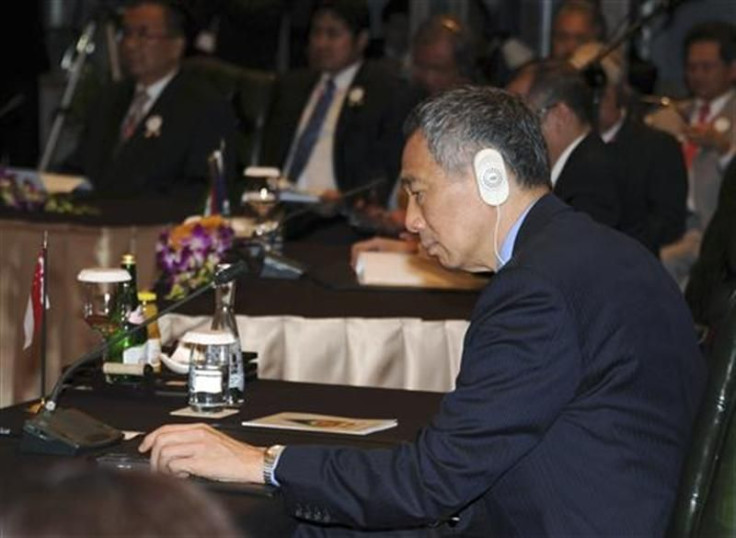Singapore Proposes Drastic Cuts in Government Ministers Salaries

Government ministers in Singapore could see their salaries cut by as much as 51 percent, on the heels of a recommendation by a committee appointed by the state to look into the issue.
Ministers in the tiny city-state are among the highest past government officials in the world.
Prime Minister Lee Hsien Loong’s pay would be slashed by 36 percent, while President’s Tony Tan salary would shrink by more than half (51 percent).
Members of parliament and those who receive political appointments will also be subject to pay cuts.
Still, even with the proposed reductions, Lee would still take home about $1.7-million (U.S.) annually, making him one of the top-earning heads of state in the world. Tan will still receive about $1.2-million. By comparison, US President Barack Obama only earns $400,000 per year.
The committee’s recommendations, which were based on a salary formula that features fixed and variable pay components which are linked to individual performance and national outcomes, will be debated by MPs later this month.
Lee has already said he would accept the salary decrease.
The subject of highly-paid ministers became paramount last year after Singapore’s ruling party People's Action Party, scored its poorest showing in parliamentary elections since 1965. Many voters and opposition figures were outraged by the excessive pay packages of government ministers and by what they perceive to be a widening income gap in the prosperous country.
Singaporean officials had long insisted that high salaries prevented its ministers from succumbing to the temptations of corruption and bribery -- a point that even News Corp. chairman Rupert Murdoch alluded to when he spoke before a British parliamentary committee last summer.
Eugene Tan, a political commentator and assistant professor of law at the Singapore Management University, told Bloomberg: “An entry-level minister will still make more than President Obama but you can’t please everyone. Income inequalities are inevitable but the government is now increasingly moving towards how they measure quality of life and development, rather than just GDP growth.”
© Copyright IBTimes 2024. All rights reserved.




















